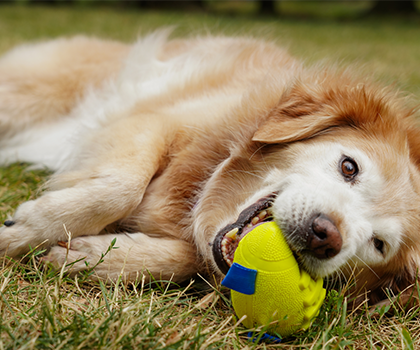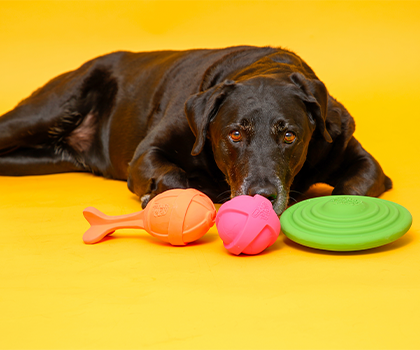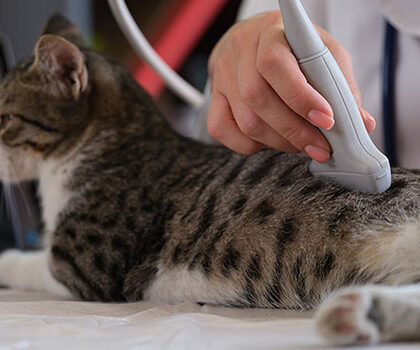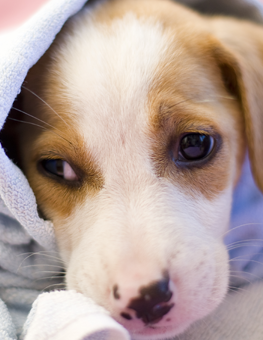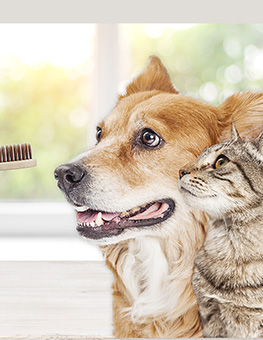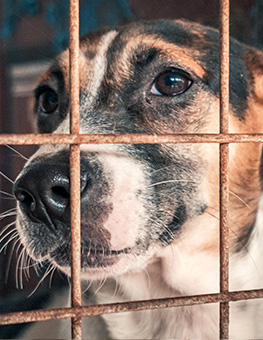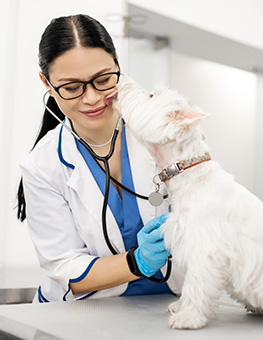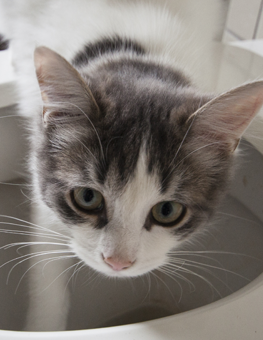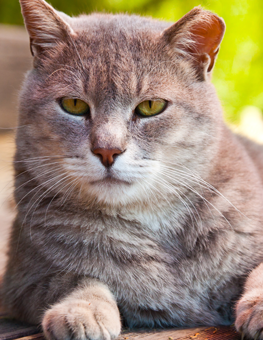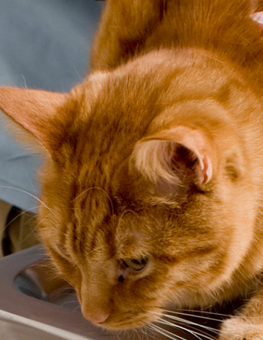Battling the Bulge: Keeping Your Dog Fit and Healthy
Just like humans, it's important for pets to maintain a healthy weight.
According to a study conducted by the Association for Pet Obesity Prevention, over half of U.S. dogs are considered overweight or obese. Extra weight can cause many health issues that otherwise wouldn't be a problem, including diabetes, kidney failure, cancer and a decreased life expectancy.
PDSA, an animal charity in the United Kingdom, recently held a slimming contest to encourage dogs to get active and healthy. Through a "no treat" diet and extra exercise, Lucky the Labrador lost a quarter of his body weight! Before losing almost 27 pounds, he struggled to walk properly and didn't enjoy any form of exercise. According to his owner, Lucky is now much happier and more energetic!
Though dog obesity is a growing problem, many veterinarians consider it to be a very preventable pet health crisis. Dogs only need four dietary components in order to stay healthy. Think of these essentials as their basic food groups:
Protein - Many manufacturers use vegetable proteins in their dog food, which may be harder for some dogs to digest. Make sure your dog's food contains mostly animal protein. They need a minimum of 18% protein in their diet for maintenance as adults and 22% for reproduction and growth as puppies.
Fat - Fats keep your dog's coat healthy and provide energy. Steer clear of fat-free dog foods! Adult dogs need at least 5% fat in their diet and growing puppies need a minimum of 8%.
Vitamins - If your dog has a fat or protein deficiency or needs a little something extra to function at his full potential, you should talk to your veterinarian about giving your dog supplements.
Water - Your dog's water needs depend on his activity level. Dry food can also make your pup thirsty! Make sure your pet has at least one quart of water for every pound of dry food and a fresh bowl after exercise. Always be sure your dog has access to fresh, clean water especially in the summer.
If you feel your dog is overweight, adjust the quantity being fed so that your dog takes in fewer total calories than expended for the day's energy requirements. Keep in mind that most overweight dogs have a slow metabolism and it may take a long time to see results. We know it's difficult to turn down those pleading puppy dog eyes, but assisting your dog with a healthy diet will help him live a longer and happier life!



